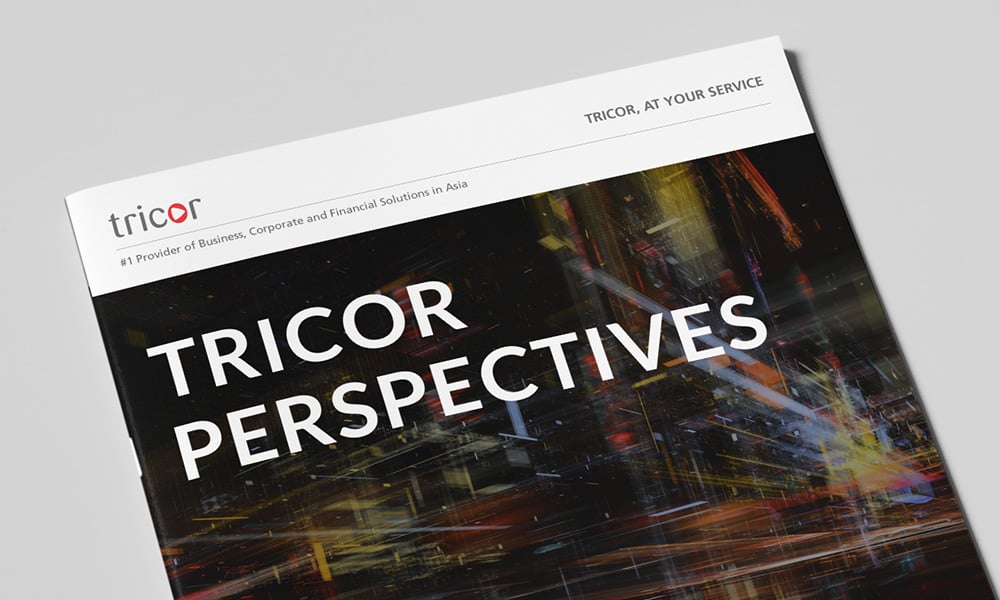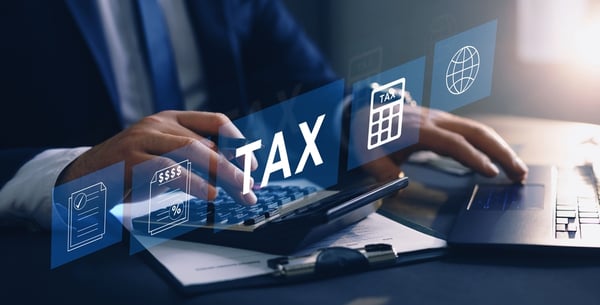Hong Kong is known for its internationally competitive tax regime. With over 40 Double Taxation Agreements (DTAs) signed[1], the territory has become a hub for multinational corporations. To enjoy the full benefits of such agreements, a company must first obtain a Tax Resident Certificate – a task that is coming under more stringent regulatory scrutiny.
Hong Kong’s extensive network of DTAs provides numerous taxation advantages to companies that can obtain a Tax Residency Certificate. While the specific benefits will vary on a case-by-case basis, in general, such companies could enjoy preferential withholding tax rates on interest and dividends and perhaps even avoid the application of capital gains tax altogether.
The key for companies to unlock these benefits is to obtain a Tax Resident Certificate from the Inland Revenue Department (IRD). For companies, the IRD lists only two requirements when applying for this certificate[2]:
- Incorporated or constituted in Hong Kong
- Incorporated or constituted outside Hong Kong but managed or controlled in Hong Kong
Such requirements, however, do not guarantee a successful application. Beginning in 2015[3], the IRD has been getting progressively stricter in granting certificates, seeking first to ensure that the applicant has established sufficient economic substance. This increased stringency stems from an evolving global tax landscape.
An Evolving Tax Landscape
The use of tax optimization strategies by companies has been a hot-topic in recent years – something that has only been further spotlighted by the pandemic. The most prominent initiative in this area is the OECD’s BEPS (base erosion and profit shifting) framework, on which over 135 countries, including Hong Kong, are collaborating on[4]. This initiative seeks to minimize tax loopholes and create a more transparent tax environment.
Part of Hong Kong’s adherence to this framework is an increasing emphasis on establishing economic substance. The thinking behind the economic substance requirement is to prevent “treaty shopping” – the practice of setting up foreign entities in tax-advantaged regions for the sole purpose of obtaining a treaty benefit.
This has significant implications for companies seeking tax relief under Hong Kong’s comprehensive DTAs. For instance, a shell company set up in Hong Kong is unlikely to succeed in its application – it lacks sufficient economic substance.
Defining Economic Substance
The tax code offers no specific definition of economic substance, which leaves it open to interpretation. In February 2015, the IRD first amended the application form for Hong Kong-incorporated companies, which previously only requested basic information. All companies must now provide detailed information on their business activities and place of management and control. This allows the IRD to assess each tax residency application on an individual basis.
The following list the general information a company must provide when applying for a Tax Resident Certificate. They should not be considered comprehensive.
- Board composition and meeting locations – Whether board members are Hong Kong residents, where the board meetings are held, the nature of the discussions and resolutions, and how the resolutions are implemented
- Business operations – Covers a wide variety of possible information, including business address, location of employees, and where and how they perform their responsibilities
- Nature of income – Details of the financial institution in Hong Kong, audited accounts displaying the number of assets maintained in the territory, whether corporation’s profits are subject to Hong Kong’s profit tax, whether the applicant can be considered a beneficial owner of said income
The issuance of the Tax Residency Certificate does not guarantee that a company can claim benefits under Hong Kong’s DTAs. Each certificate is also only valid for one year, except for DTAs between Hong Kong and mainland China. Those are valid for three years, provided there are no substantial changes in the nature of the Hong Kong company. In all cases, regular renewal is required.
A Strengthening Trend
As the OECD progresses with its BEPS project, claiming tax treaty benefits will likely become even tougher. After the amendment in 2015, several others have been put into force, each bringing regulations closer to the OECD’s ideal. A couple of examples:
- The Inland Revenue (Amendment) (No. 6) Ordinance 2018 (IRO), which codified arms-length basis transfer pricing rules and enhanced economic substance requirements
- The Fifth Protocol, signed in July 2019, adds a new “principal purposes test” to prevent treaty abuse for DTAs between Hong Kong and the Mainland[5]
All this is in line with the global trend. Even governments in offshore jurisdictions like the Cayman Islands, Chanel Islands, British Virgin Islands, and Bermuda have enacted economic substance laws[6]. This trend is expected to continue, especially as the OECD moves toward “BEPS 2.0”.
Companies looking to reap the full advantages of Hong Kong’s competitive tax regime should be aware of how the tides are shifting – both globally and in Hong Kong. This is especially the case given that an unsuccessful Tax Resident Certificate application may negatively influence future applications. Careful preparation is thus necessary. As the saying goes, prevention is better than the cure.
[1] https://www.ird.gov.hk/eng/tax/dta_inc.htm
[2] https://www.ird.gov.hk/eng/tax/dta_cor.htm
[3] https://www.pwccn.com/en/hk-tax-news/hktax-news-jan2015-3.pdf
[4] https://www.oecd.org/tax/beps/
[5] https://www.pwccn.com/en/china-tax-news/2019q3/chinatax-news-jul2019-22.pdf
[6] https://home.kpmg/cn/en/home/insights/2019/03/tax-alert-4-hk-new-economic-substance-laws.html







